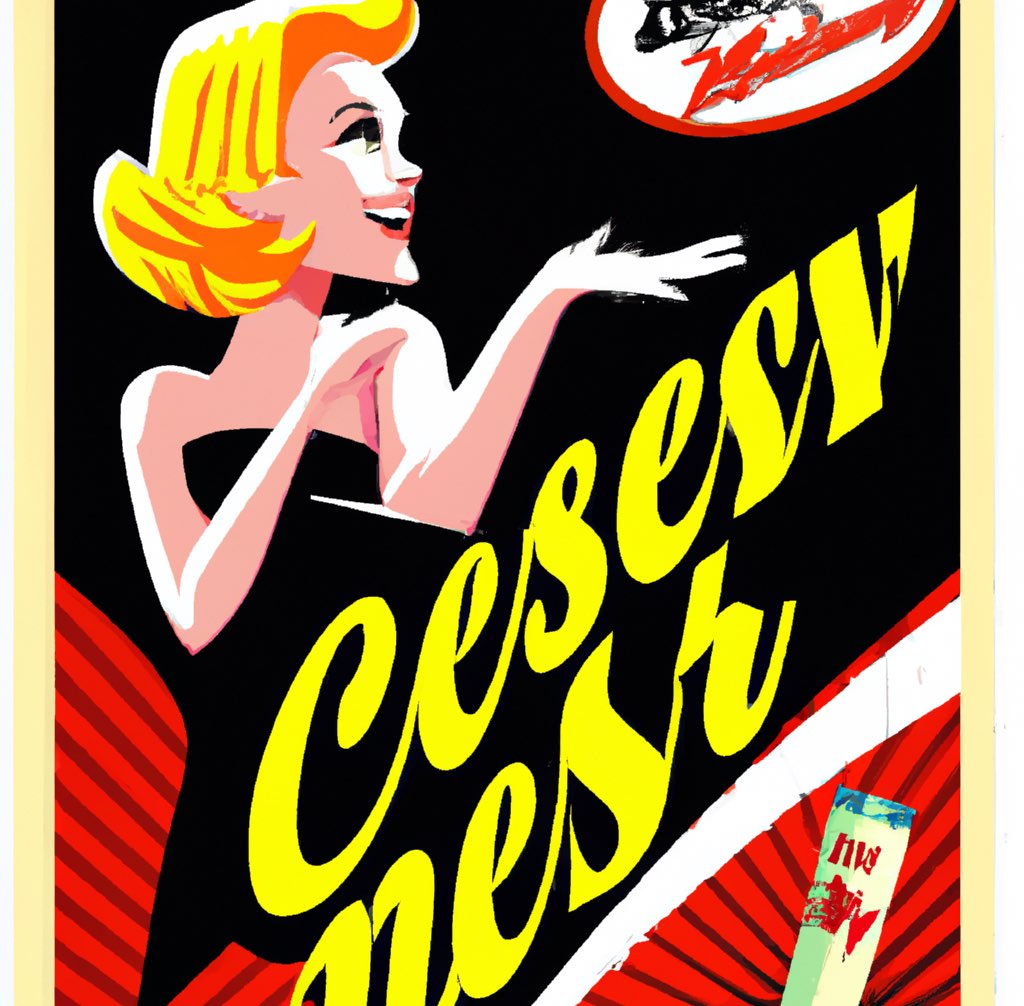Influencer marketing is a form of marketing where a brand partners with individuals who have a significant following on social media to promote their products or services.
Here’s how it works:
- Brands identify social media influencers who align with their target audience and values.
- Brands reach out to the influencer and propose a partnership. This can take the form of a sponsored post, product review, or other promotional content.
- The influencer creates and shares content that promotes the brand’s products or services to their followers.
- The brand pays the influencer for their work, which can be based on the number of followers, engagement, or other metrics.
Pros of influencer marketing include:
- Targeted reach: Influencer marketing allows brands to reach a highly targeted audience based on the interests and behaviors of the influencer’s followers.
- Increased credibility: Consumers trust the recommendations of influencers, making influencer marketing an effective way to build trust and credibility for a brand.
- Cost-effective: Compared to other forms of advertising, influencer marketing can be cost-effective, especially for smaller or niche brands.
- Measurable results: Brands can track the performance of their influencer marketing campaigns and make data-driven decisions about their campaigns.
Cons of influencer marketing include:
- Cost: Influencer marketing can be expensive, especially for top-tier influencers with millions of followers.
- Lack of control: Brands may not have control over the content created by the influencer, which can reduce the effectiveness of the campaign.
- Difficulty measuring results: It can be challenging to measure the impact of influencer marketing campaigns, making it difficult to determine the return on investment.
- Fraud: Some influencers may use fake followers or engagement, which can reduce the effectiveness of the campaign and damage the brand’s reputation.
Here are some of the main platforms:
- Instagram: Instagram is one of the most popular social media platforms for influencer marketing, with a large and diverse user base. Brands can work with influencers to create sponsored posts, product reviews, and other types of content.
- TikTok: TikTok is a short-video social media platform that has become popular for influencer marketing. Brands can work with TikTok influencers to create sponsored videos that promote their products or services.
- YouTube: YouTube is a video-sharing platform that is also popular for influencer marketing. Brands can work with YouTube influencers to create sponsored videos, product reviews, and other types of content.
- Influencer.co: Influencer.co is a platform that connects brands with influencers across multiple social media platforms, including Instagram, TikTok, YouTube, and more. Brands can use the platform to find influencers, manage campaigns, and track performance.
- AspireIQ: AspireIQ is another platform that connects brands with influencers across multiple social media platforms. Brands can use the platform to find influencers, manage campaigns, and track performance.
- Upfluence: Upfluence is a platform that provides tools and data to help brands find and collaborate with influencers on Instagram, TikTok, YouTube, and other social media platforms.
- Traackr: Traackr is a platform that provides tools and data to help brands find and collaborate with influencers across multiple social media platforms. The platform also provides insights and analytics to help brands measure the impact of their influencer marketing campaigns.
